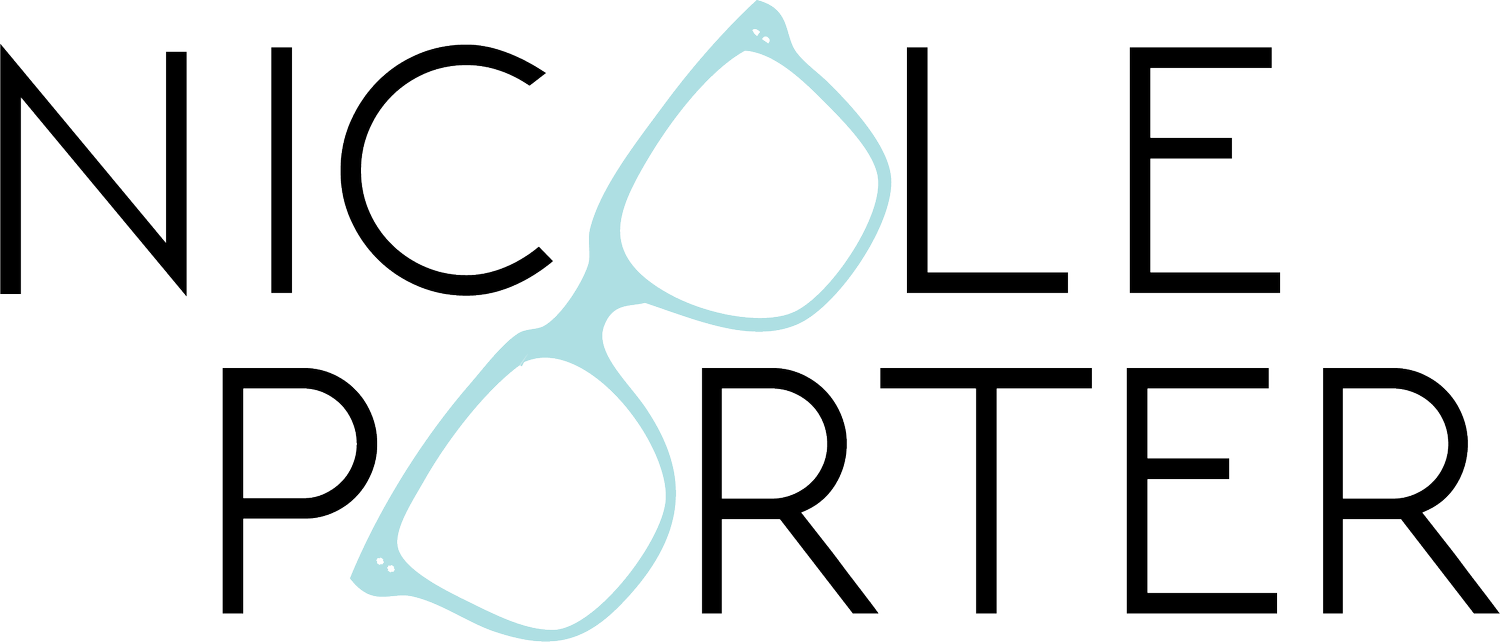Clinical Intelligence: How Data Can Combat Racial Disparity in Healthcare
According to a 2022 article from the Centers for Disease Control and Prevention, approximately 700 individuals in the United States pass away annually due to pregnancy-related causes or within a year of giving birth. And in that number Black women are three times more likely to die from a pregnancy-related cause than White women. Andrew Peckman, CEO and President of Data Health, a technology-focused healthcare solution, explains that many poor patient outcomes can be avoided with data and better analytical tools.
“Maternal mortality and disproportionate rates of chronic illness are symptoms of larger cultural issues like racial discrimination and socioeconomic disparities that plague our society,” says Peckman. “Imagine using data to help end adverse drug events in minority populations or identifying clients who are at high risk for complications—data can do that. Healthcare of the future will utilize clinical intelligence to optimize care pathways and improve the overall efficiency of healthcare delivery.”
Data Health, a technology-focused healthcare solution, that uses data and best-in-class analytical tools to give healthcare providers a 360-degree view of patient care. Clinical intelligence involves the collection, analysis, and interpretation of various types of data, such as electronic health records, lab results, and imaging studies, to gain insights and inform clinical decisions. The goal of clinical intelligence is to improve the quality, efficiency, and safety of healthcare delivery.
Clinical intelligence can be used to combat racial disparities in healthcare in several ways:
Identifying disparities: By analyzing large sets of data, clinical intelligence can identify disparities in care, such as differences in diagnostic testing, treatment, and outcomes, between different racial groups. This information can be used to target interventions to address these disparities.
Developing targeted interventions: By identifying specific areas where disparities exist, clinical intelligence can be used to develop targeted interventions to address these issues. For example, if data shows that a certain racial group has a higher rate of uncontrolled hypertension, interventions can be developed to improve hypertension management in this population.
Monitoring progress: Clinical intelligence can be used to track progress over time and evaluate the effectiveness of interventions aimed at reducing racial disparities in healthcare.
Identifying social determinants of health: Clinical intelligence can also be used to identify the social determinants of health that contribute to disparities in healthcare, such as poverty, lack of education, and lack of access to healthcare.
Personalized medicine: Clinical intelligence can also be used to improve personalized medicine. By identifying genetic and other factors that contribute to racial disparities in healthcare, it is possible to develop targeted treatments that are more effective for specific populations.
Overall, clinical intelligence can play an important role in identifying and addressing racial disparities in healthcare by providing healthcare providers with the data and insights needed to develop targeted interventions and monitor progress.
DATA HEALTH is a technology-focused healthcare solution that incorporates healthcare-specific security, privacy, and regulatory requirements to include HIPAA, NIST, ISO, and COBIT, as well as industry best practices to provide a single-evaluation framework designed to support the information protection needs. Contact our team and get a one-on-one customized solution that fits the specific needs of your payer-provider relationships and claim auditing needs. For more info, visit http://www.datahealth.com/.
